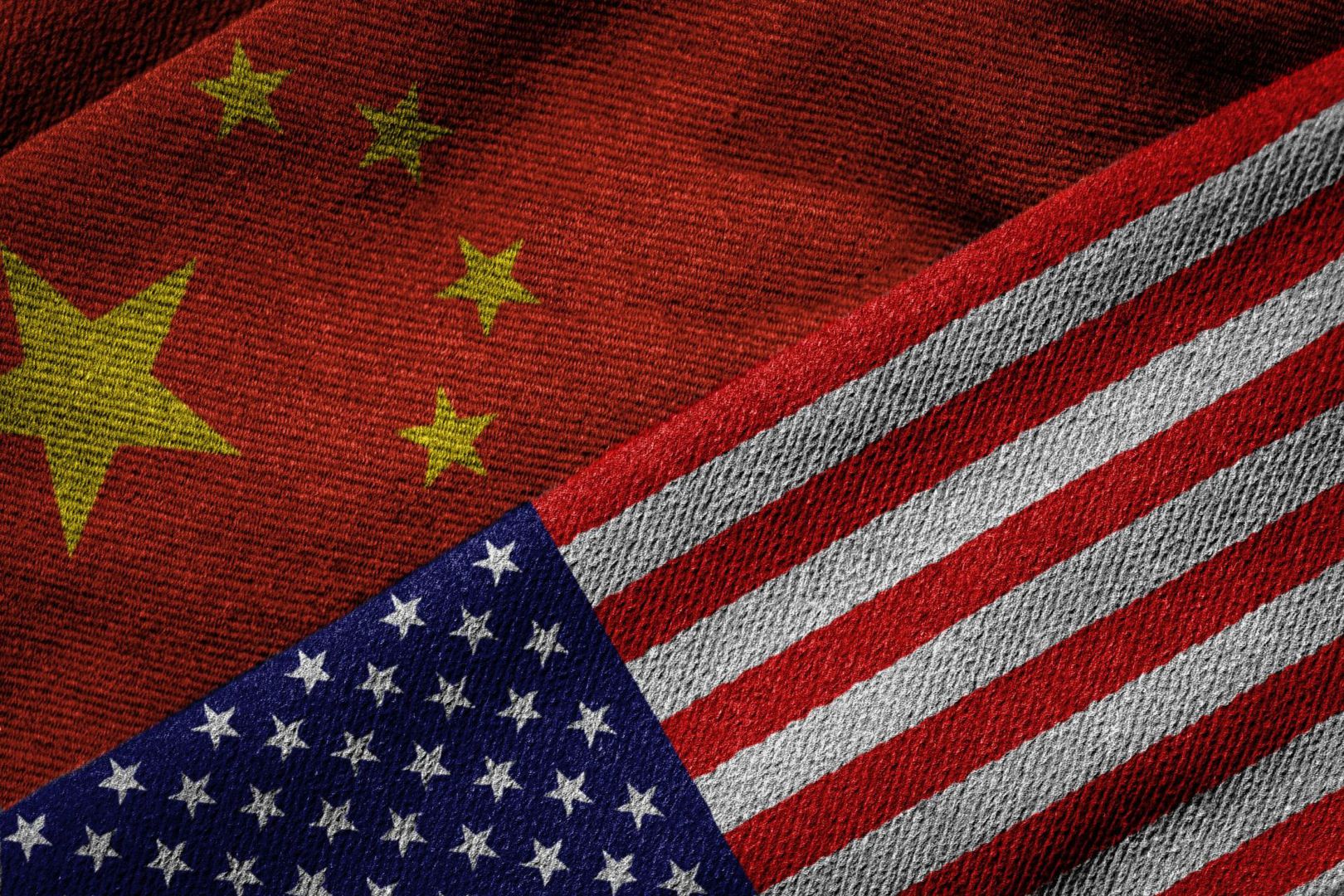US-China rivalry is set to dominate discussions as the foreign ministers of 10 Southeast Asian countries begin an online summit Wednesday, with Washington’s top diplomat ready to take aim at Beijing’s “bullying” in the South China Sea.
The summit comes just days after China launched ballistic missiles in the flashpoint waters as part of live-fire exercises and as Washington and Beijing clash over a range of issues from trade to the coronavirus.
Ministers will be joined by US Secretary of State Mike Pompeo and his Chinese counterpart Wang Yi for their first summit since the US announced sanctions on Chinese companies over Beijing’s construction of artificial islands in the disputed waters.
The resource-rich South China Sea is claimed in its entirety by Beijing but is also contested by Vietnam, the Philippines, Malaysia, Brunei and Taiwan.
A fresh spat between China and the Philippines over Scarborough Shoal — one of the region’s richest fishing grounds — also hangs over the talks.
“The Chinese Communist Party is engaged in a clear and intensifying pattern of bullying its neighbours,” Pompeo said ahead of the summit.
Tensions over the Korean Peninsula will also be high on the agenda. Talks between Pyongyang and Washington on North Korea’s nuclear arsenal have been stalled since the collapse of a Hanoi summit between leader Kim Jong Un and US President Donald Trump last year.
The coronavirus pandemic is set to feature heavily in discussions, after Vietnam, the current chair of the Association of Southeast Asian Nations, warned at a meeting in June that the fallout from the virus had swept away years of economic gains in the region.
Vietnamese Prime Minister Nguyen Xuan Phuc said in opening remarks that “people and enterprises are suffering from huge losses” and “the geopolitical environment, regional economy, including that of the East Sea (South China Sea), are experiencing several upheavals, influencing peace and stability”.
The “power rivalry” between the US and China will likely steal the limelight, a senior Southeast Asian diplomat told AFP, speaking on condition of anonymity.
“The United States and China will likely use the meetings as a platform to throw everything at each other,” he said.
Smaller countries will “say their usual lines” and then take cover as Washington and Beijing fight, he added.
Friction between the two powers is already high over trade, blame for the coronavirus pandemic and China’s policies in Hong Kong, where Beijing has imposed a draconian national security law.
There is also angst that the virus may have provided cover for China to make new plays in the South China Sea.
Zachary Abuza, an expert on Southeast Asian politics at the National War College in Washington, said there was unlikely to be much progress in talks over the disputed waters.
“China has effectively used Covid-19 assistance and promises of vaccines — and trials in the Philippines and Indonesia — to really try to quash any diplomatic momentum towards a discussion of the South China Sea,” he told AFP.











